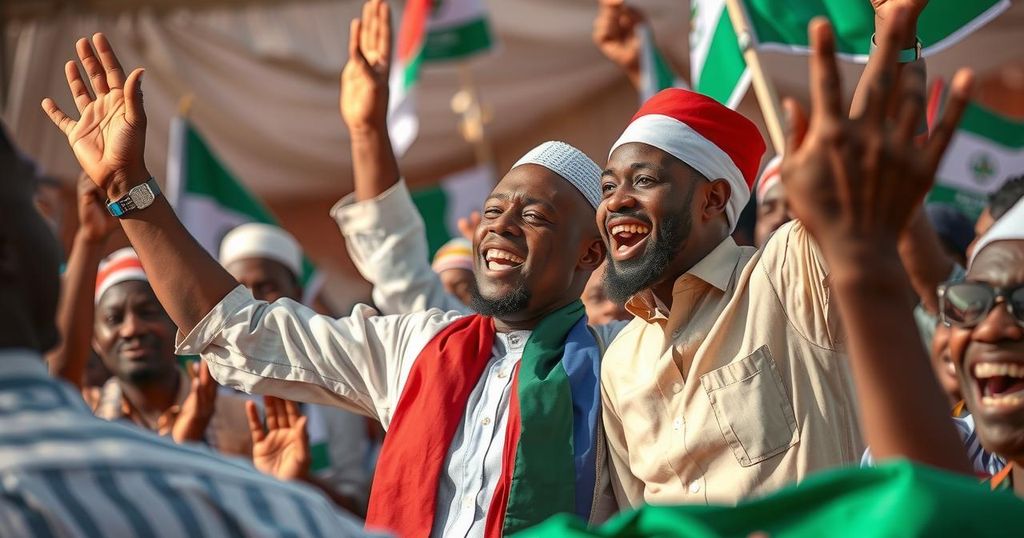Chad’s ruling party, the MPS, won a majority in parliamentary elections boycotted by opposition factions, claiming a total of 124 of 188 seats. Opposition leaders criticized the electoral process as non-transparent. President Mahamat Idriss Deby, who took power after his father’s death, cites these elections as a pivotal step towards democracy despite ongoing security concerns and shifts in foreign alliances away from France.
Chad’s recent parliamentary elections, held last month, resulted in a decisive victory for the ruling Patriotic Salvation Movement (MPS) under President Mahamat Idriss Deby. The MPS garnered 124 of the 188 available seats in the National Assembly, which the National Elections Management Agency (ANGE) reported amidst a participation rate of 51.56%. Despite the majority win, these elections were widely criticized as lacking fairness and transparency by opposition parties, which opted to boycott the process, alleging a predetermined outcome. In contrast, President Deby and his administration characterized the elections as a crucial step towards establishing a democratic political landscape in Chad.
The boycott by prominent opposition factions, including the Transformateurs party led by Succes Masra, raises significant questions regarding the legitimacy of the electoral process. The government has asserted that 38 political entities will maintain representation within the assembly, although it remains unclear how the distribution of seats will be managed among those outside of the MPS. The head of the ANGE, Ahmed Bartchiret, has alluded to these outcomes following a detailed, province-by-province announcement of results.
President Deby initially ascended to leadership in May after declaring himself as interim leader, following the assassination of his father, who dominated the presidency for thirty years. Deby’s tenure has seen significant shifts in foreign policy, including the termination of a defense accord with France, a move that mirrors similar actions taken by Mali, Niger, and Burkina Faso in distancing themselves from former colonial powers and fostering closer ties with Russia. Moreover, the Chadian administration reported thwarting an attempted destabilization of the presidency, hinting at ongoing unrest amidst these political transitions.
The context of the elections in Chad is rooted in a tumultuous political history, marked by the death of President Idriss Deby Itno in 2021, after which his son, Mahamat Idriss Deby, assumed control as interim leader. The transition period has witnessed a complex interplay between asserting military power, managing opposition, and attempting to structure a pathway towards recognized democratic governance. The electoral landscape has been significantly influenced by the regional dynamics involving former colonial powers and emerging alliances, particularly in light of recent geopolitical shifts towards Russia following the expulsion of French military forces from several West African nations.
In summary, Chad’s parliamentary elections resulted in a substantial majority for the ruling MPS amidst claims of illegitimacy from boycotting opposition parties. President Deby emphasizes this electoral outcome as a step towards democracy, despite criticism regarding the election’s transparency. Furthermore, the political landscape in Chad continues to evolve, reflecting broader regional trends in foreign relations and domestic security challenges, showcasing the complexities of governance in post-conflict settings.
Original Source: www.dw.com






